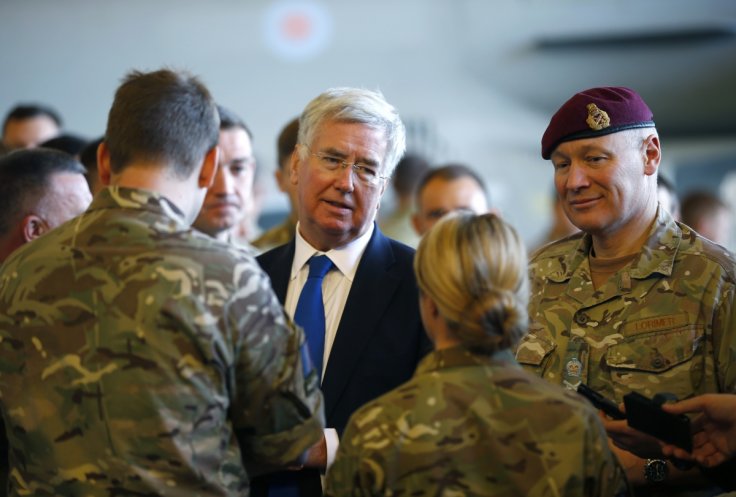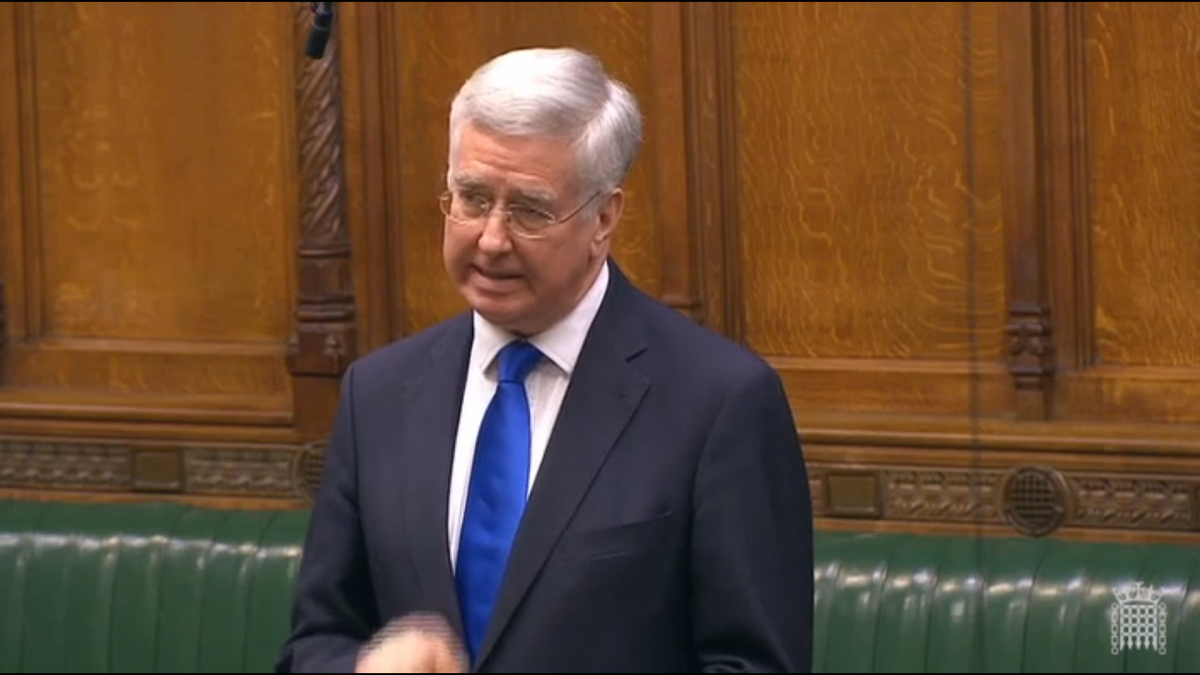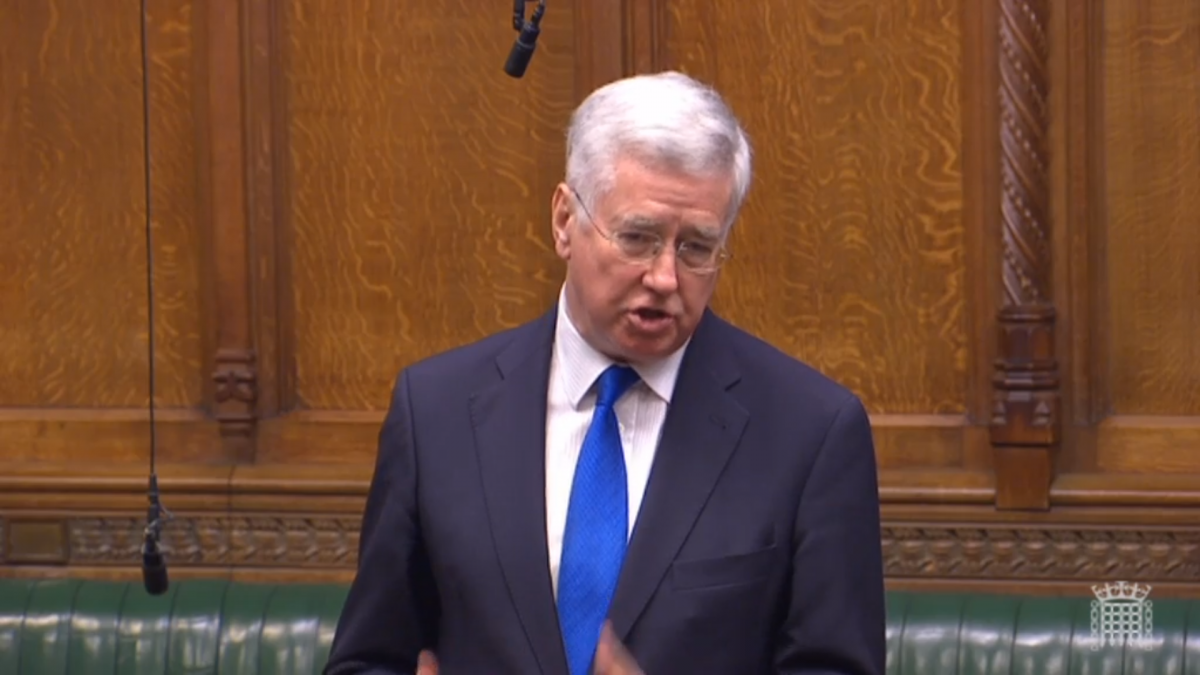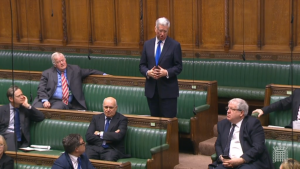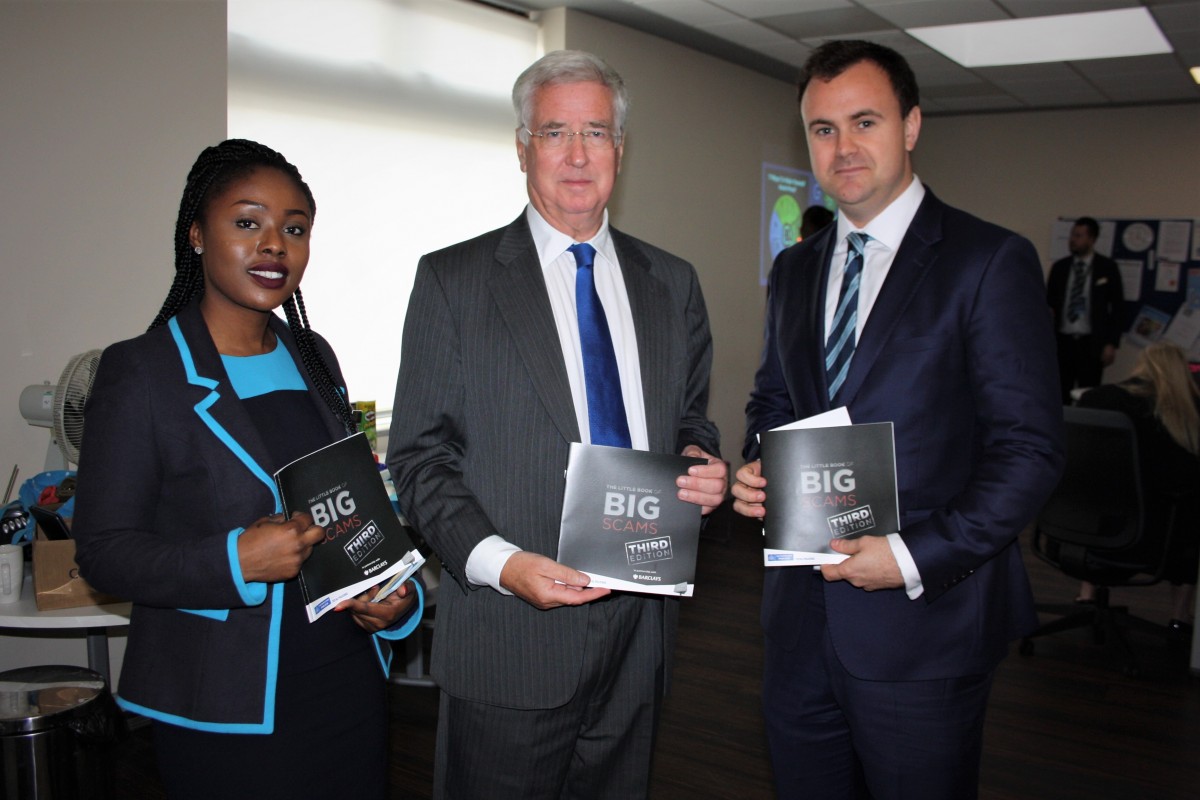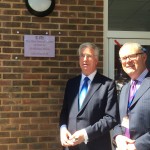Daily Telegraph
My much-missed friends in the military will be in two minds about the newly-announced defence review. Another review, just two and a half years after the last one, means further uncertainty for all three services, for our amphibious forces, above all for the fine young men and women choosing now to embark on a career of service to our country.
On the other hand, we will all wish my successor Gavin Williamson well if Defence can achieve a more durable settlement with the Treasury. Throughout my three years the defence budget was always under pressure. Almost every monthly meeting of the defence board that I chaired saw repeated calls for more money for over-running equipment programmes, for urgently needed improvements to housing and fuel infrastructure, for the much-delayed Astute submarines, for nuclear work at Aldermaston. We had to trim vital training, scale down exercises, or defer new missile systems.
In April 2016 we finally committed to the NATO 2 per cent and the budget increased after years of cuts, enabling us to invest in new frigates, maritime patrol aircraft, F35 fighters and armoured vehicles. But it soon became clear that there would be growing pressures in the early years: nobody foresaw the drop in sterling (much MoD spend is in dollars); replacing the four Trident submarines exposed the need to spend more of that £31 billion earlier to achieve better long-term value.
And the efficiency savings on which part of the future equipment programme depended proved harder than anticipated for the front-line commands to deliver. They had delegated budgets but were often reluctant to take delegated responsibility, preferring instead to offer up “bleeding stumps” to get Ministers to take the unpalatable decisions. They took time to understand that efficiency is not a one-off exercise: large commercial organisations take out cost each successive year, ridding themselves of unnecessary land and buildings, sharing back-office functions, slicing layers of middle management.
A year ago I took all these concerns to the Prime Minister. I warned that the depreciation of sterling and cost escalation in nuclear were putting severe pressure on the budgets for 17-18 and 18-19. If we wanted to play a leading role in NATO, with our troops and Typhoons defending its eastern flank; to counter the Russian submarine threat to our deterrent and our cables in the North Atlantic; to go on bearing the second biggest load of air strikes and army training in Iraq; to go on supporting fragile democracies in Afghanistan and Nigeria, and to offer the UN more peace-keepers in Africa; then we had to put the defence budget onto a more sustainable footing.
In return I wanted to push all three services much harder on rooting out duplication – in everything from helicopters to logistics, medical and administrative functions – and to use their manpower more effectively and more collaboratively. The new service chiefs were up for that challenge.
But work on sorting out the budget, tackling duplication and better prioritisation was halted for the snap election, and only picked up again last summer.
The new review must recognise that the threats to our country have significantly increased. Before the invasion of Crimea Russia seemed innocuous: now we see its threat to the western democracies. And Russia is spending not 2 per cent but 5 per cent of GDP on modernising its conventional and its nuclear forces, on hybrid and electronic warfare.
The Middle East and North Africa remain launchpads for further extremist attacks on our cities. In the Pacific a nuclear North Korea threatens Japan and the United States– even London is within range.
Then there’s cyber, a threat from anywhere, anytime. Our enemies can steal our information, disrupt our energy supplies, even our government systems. A cyber warrior with a laptop and smart software can inflict huge financial and physical damage on individuals, companies and entire countries. State-based hackers can target our NHS and our Parliament.
Increased threats must mean a bigger budget. As I told our party conference in October the NATO 2 per cent is only a minimum. In the last year of the last century, 1997-98, the Blair government was spending 2.7 per cent. That was before 9/11, before the attacks from Daesh, before Russia started changing international borders by force, before Kim threw missiles over Japan.
In the end this is about us. If post-Brexit we are to play our proper part in the world, defending our shores and supporting our allies, championing our values and helping fragile democracies, then we should be more ambitious. We should be leading in NATO, working with our friends in the Gulf, helping in Africa, and deploying further afield too. Yes, insist on further and tougher efficiencies but relieve the immediate pressures on the budget and then set a new target to reach 2.5 per cent of GDP by the end of this Parliament.
